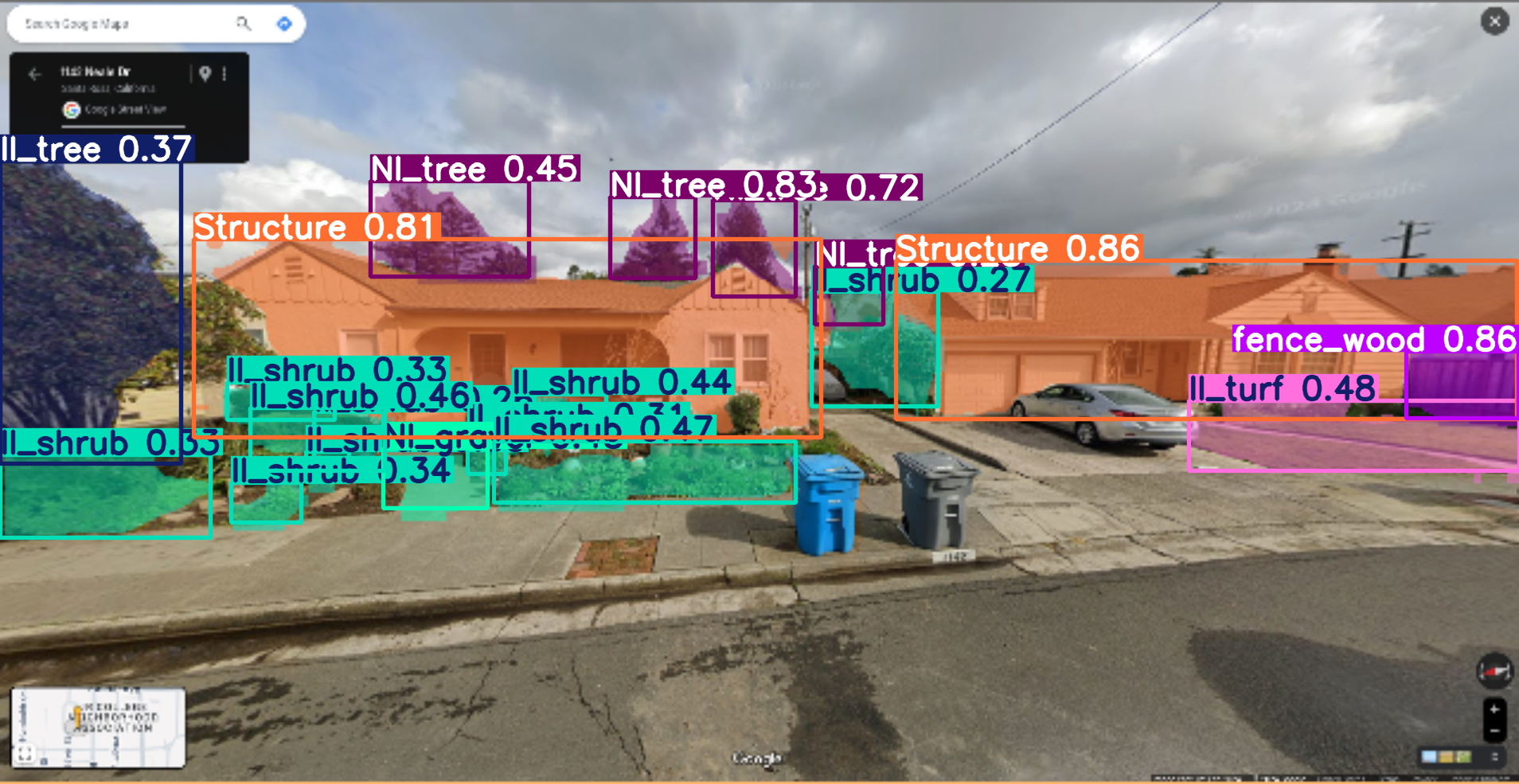I've seen a lot of sentiment around Lemmy that AI is "useless". I think this tends to stem from the fact that AI has not delivered on, well, anything the capitalists that push it have promised it would. That is to say, it has failed to meaningfully replace workers with a less expensive solution - AI that actually attempts to replace people's jobs are incredibly expensive (and environmentally irresponsible) and they simply lie and say it's not. It's subsidized by that sweet sweet VC capital so they can keep the lie up. And I say attempt because AI is truly horrible at actually replacing people. It's going to make mistakes and while everybody's been trying real hard to make it less wrong, it's just never gonna be "smart" enough to not have a human reviewing its' behavior. Then you've got AI being shoehorned into every little thing that really, REALLY doesn't need it. I'd say that AI is useless.
But AIs have been very useful to me. For one thing, they're much better at googling than I am. They save me time by summarizing articles to just give me the broad strokes, and I can decide whether I want to go into the details from there. They're also good idea generators - I've used them in creative writing just to explore things like "how might this story go?" or "what are interesting ways to describe this?". I never really use what comes out of them verbatim - whether image or text - but it's a good way to explore and seeing things expressed in ways you never would've thought of (and also the juxtaposition of seeing it next to very obvious expressions) tends to push your mind into new directions.
Lastly, I don't know if it's just because there's an abundance of Japanese language learning content online, but GPT 4o has been incredibly useful in learning Japanese. I can ask it things like "how would a native speaker express X?" And it would give me some good answers that even my Japanese teacher agreed with. It can also give some incredibly accurate breakdowns of grammar. I've tried with less popular languages like Filipino and it just isn't the same, but as far as Japanese goes it's like having a tutor on standby 24/7. In fact, that's exactly how I've been using it - I have it grade my own translations and give feedback on what could've been said more naturally.
All this to say, AI when used as a tool, rather than a dystopic stand-in for a human, can be a very useful one. So, what are some use cases you guys have where AI actually is pretty useful?


